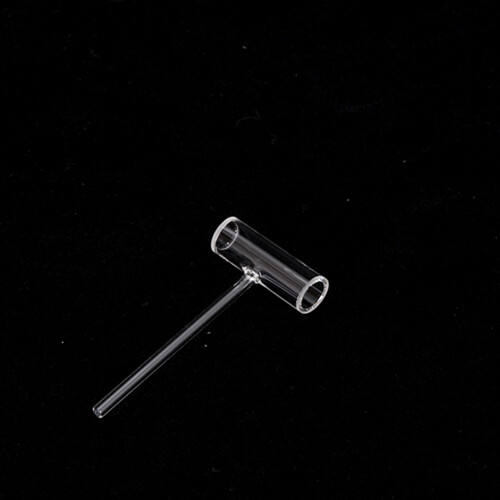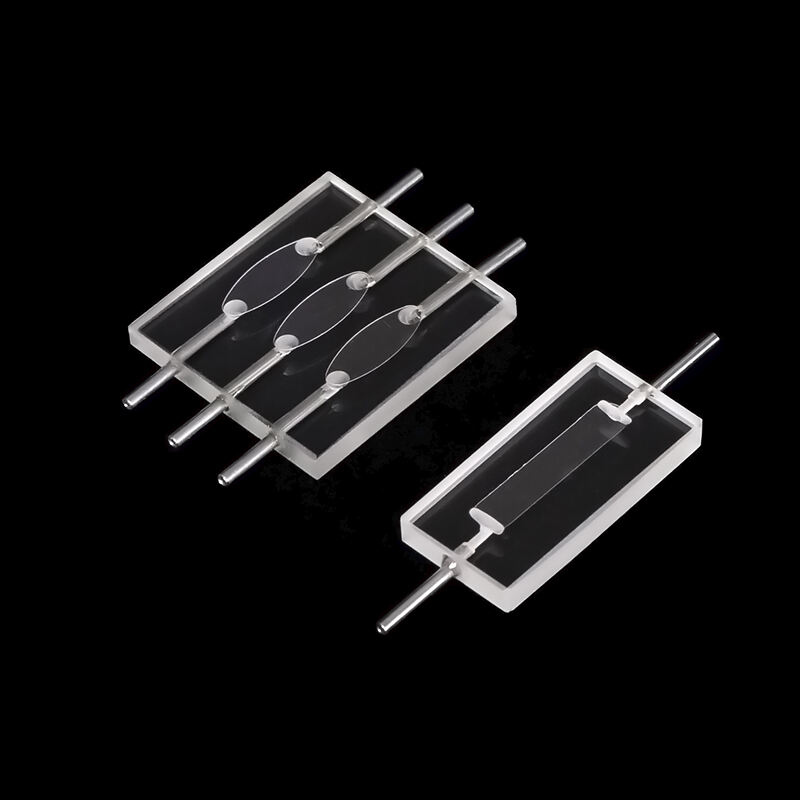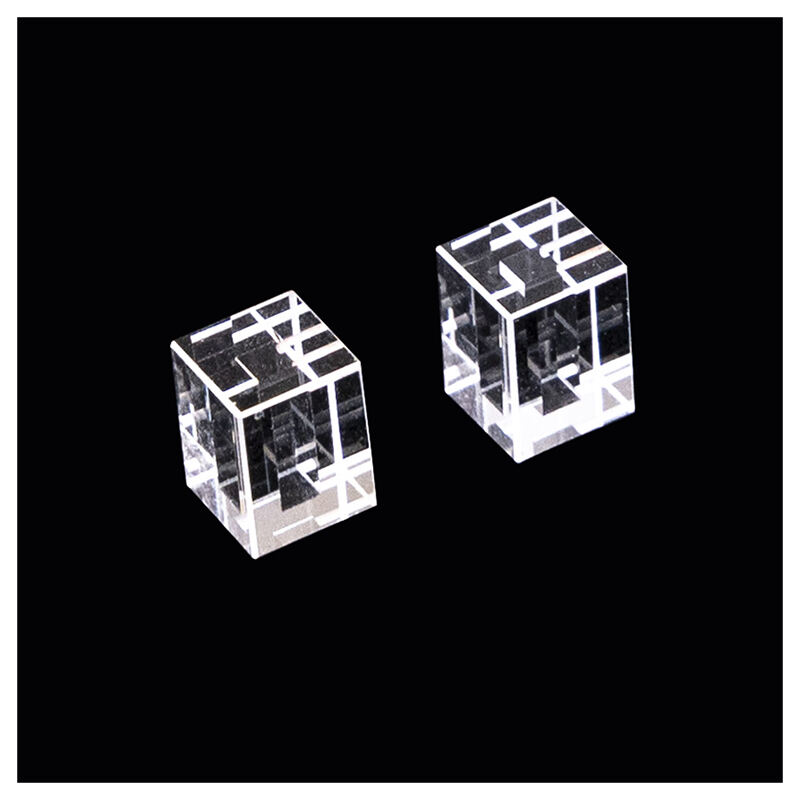Cuvettes are specialized tools that scientists use to measure very small amounts of how much light something absorbs. It's a small container or box where a scientist will put the samples. Using special equipment that shines light on these samples, known as a cuvette uv spectrophotometer. This machine allows scientists to observe what percentage of light is absorbed per sample, which is informative for the scientist.
Various types of Jinke Optical cuvettes are available. Different types can affect the accuracy of the measurements. For instance, the pathology cuvette's makeup and the distance the light travels in the cuvette all impact results. This means scientists must choose the proper cuvette in order to acquire reliable information. If they select the incorrect one, it may result in errors in their experiments.
The Jinke Optical cuvettes can be made up of various materials, including glass, plastic, and quartz. Glass cuvettes are the least expensive and suitable for most tests. For many kinds of experiments, they are a reasonable selection. Another option includes plastic cuvettes, which may be discarded after use, very helpful when working with hazardous substances that should not be reused. Quartz cuvettes cost a little more, but they are quite clear and resilient. They make the best options for tests that require high precision, since they hardly block light on their way.
One more aspect that you should consider is also the distance that the light has to pass through in the cuvette. The distance through space is known as the path length. A longer path length allows the machine to perceive smaller amounts of light, which is necessary for certain experiments. Conversely, a smaller path length can sense greater light levels. And this is why scientists need to know the correct path length for their tests. Choosing the right path length is critical to the accuracy of the eventual results.

The cuvette material can have a big impact on whether a test result is accurate, considering. Scratches, dirt or other contaminants can alter how the light passes through the cuvette. That’s why using high-quality cuvettes and keeping them clean is very important. If the cuvette is unclean, it may cause invalid findings, and later this can result in errors in the regarding research.

It is a very important step in science to get good results while cleaning cuvette for uv spectroscopy. Cuvettes should be cleaned immediately after use by scientists. They should employ the appropriate cleaning solution as well as an non-linting soft cloth for cleaning. This helps to make sure that the cuvette remains in good order. After cleaning, scientists must also examine scratches or dirt that may interfere with the results of subsequent tests. Maintaining cuvettes in optimal condition ensures accurate measurements.

In short, Jinke Optical cuvettes are really significant when it comes to measuring light in science experiments. The spectrophotometry cuvette can literally change how precise the results are. When choosing cuvettes, scientists must give careful consideration to a number of factors, including the type of sample they are testing, the required path length, and the cuvette material. Also, it is important to maintain the cleanliness and absence of any impurities in cuvettes so that there is no error in their tests.
Jinko Optics is committed to providing customers with high-quality products with high cost performance. By optimizing production processes and management processes and reducing production costs, the company can provide more favorable prices while ensuring the excellent performance of products in quality and function. In addition to the excellent quality of the products themselves, the company also pays special attention to after-sales service, providing timely technical support and professional solutions to ensure that problems encountered by customers during use are quickly resolved. This customer-oriented service concept enables Jinko Optics to stand out in the fiercely competitive market and win the trust and praise of a wide range of customers.
As the drafting unit of the national standard for cuvettes, Jinko Optics has very high standards for product quality. Every cuvette and optical component produced by the company follows the ISO9001:2016 standard, strictly controls every link in the production process, from the selection of raw materials to the factory inspection of finished products, to ensure that every product meets high quality requirements. In addition, it has 6 invention patents and 16 utility model patents, reflecting the company's continued investment in technological innovation and process optimization, so that the products not only have excellent performance, but also have unique market competitiveness.
Jinko Optics can provide fully customized solutions for the specific needs of different industries and customers. Whether it is drawings and samples provided by customers or personalized needs for special application scenarios, Jinko Optics can accurately design and produce optical components that meet the requirements. This flexible customization capability is particularly suitable for the precise needs of scientific research institutions, laboratories and specific industries. In addition, the company's rapid response to market changes and customer needs can ensure that customers always get the latest and most suitable technical support and products.
With more than 50 years of R&D and manufacturing experience, Jinko Optics has accumulated rich technical and practical knowledge in the field of spectral accessories. For a long time, focusing on the research and development of core products such as cuvettes, flow cells, optical components, and vapor cells has not only improved the company's technical position in the industry, but also enabled the company to quickly respond to various complex application requirements. The accumulation over the years has helped the company to continue to innovate and always be at the forefront of the industry.